Additional Jan Day Photos
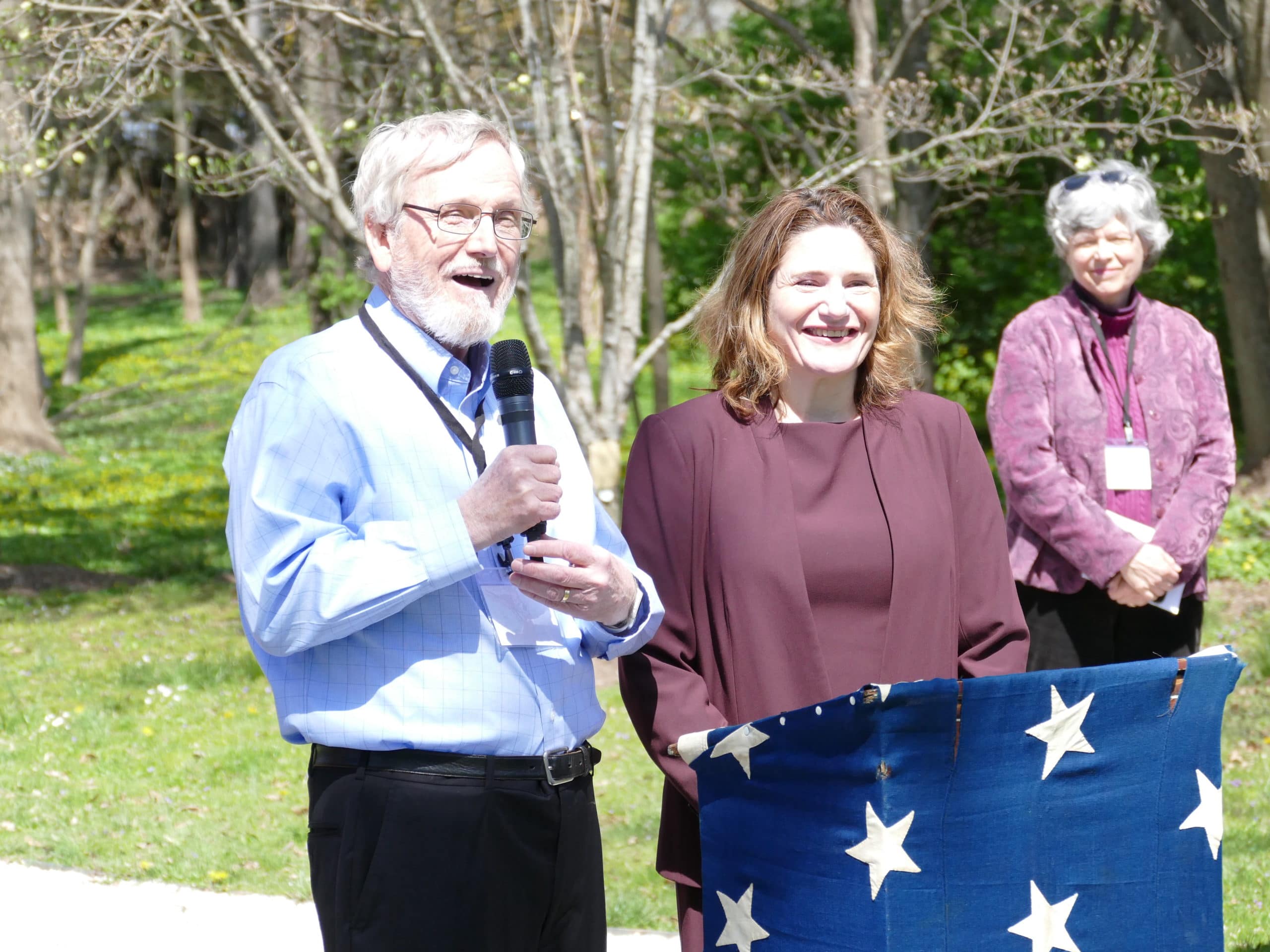
These one hundred and twenty photos are courtesy of Kevin Papa. If you use them, please credit him as the photographer.
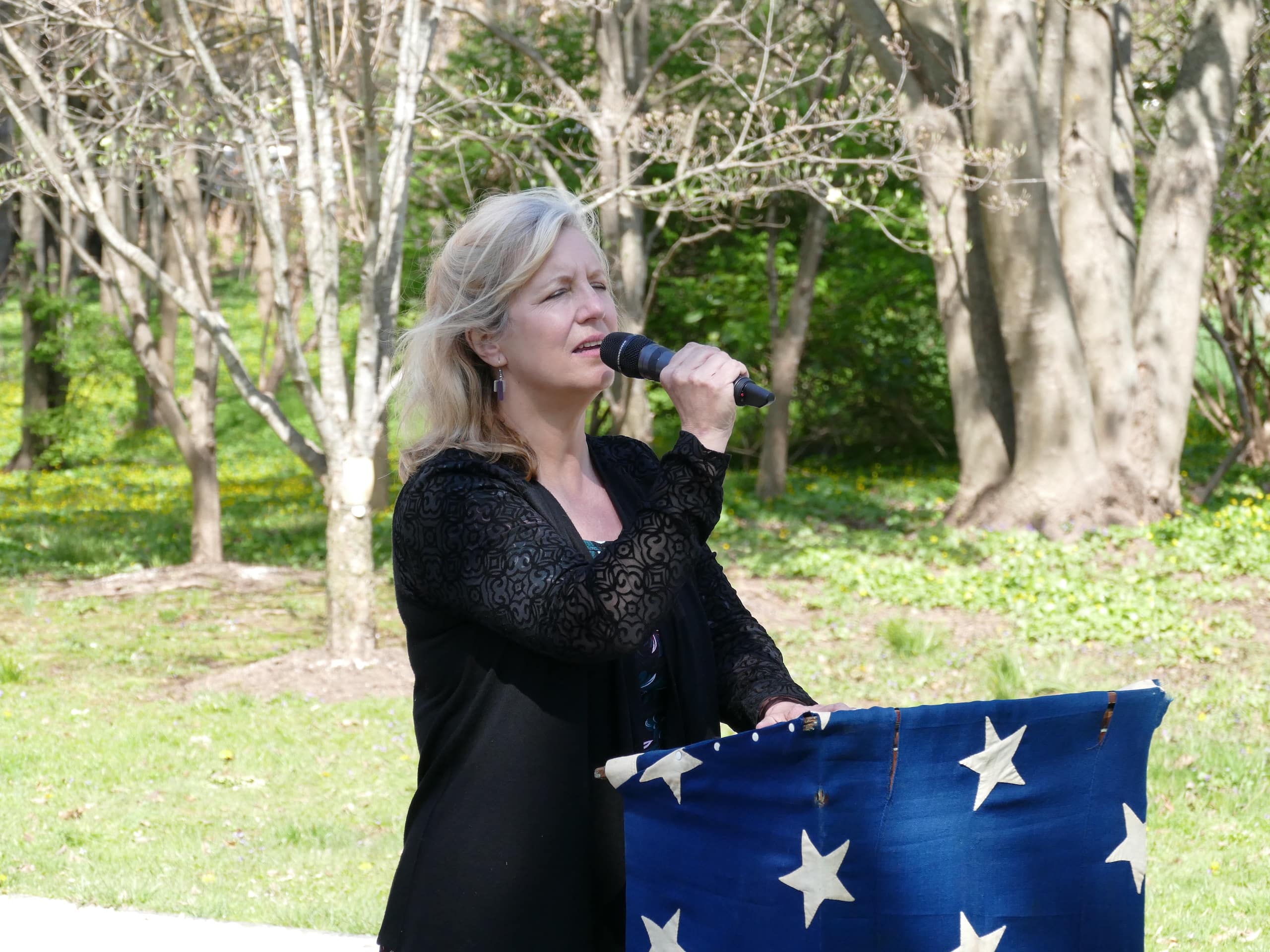
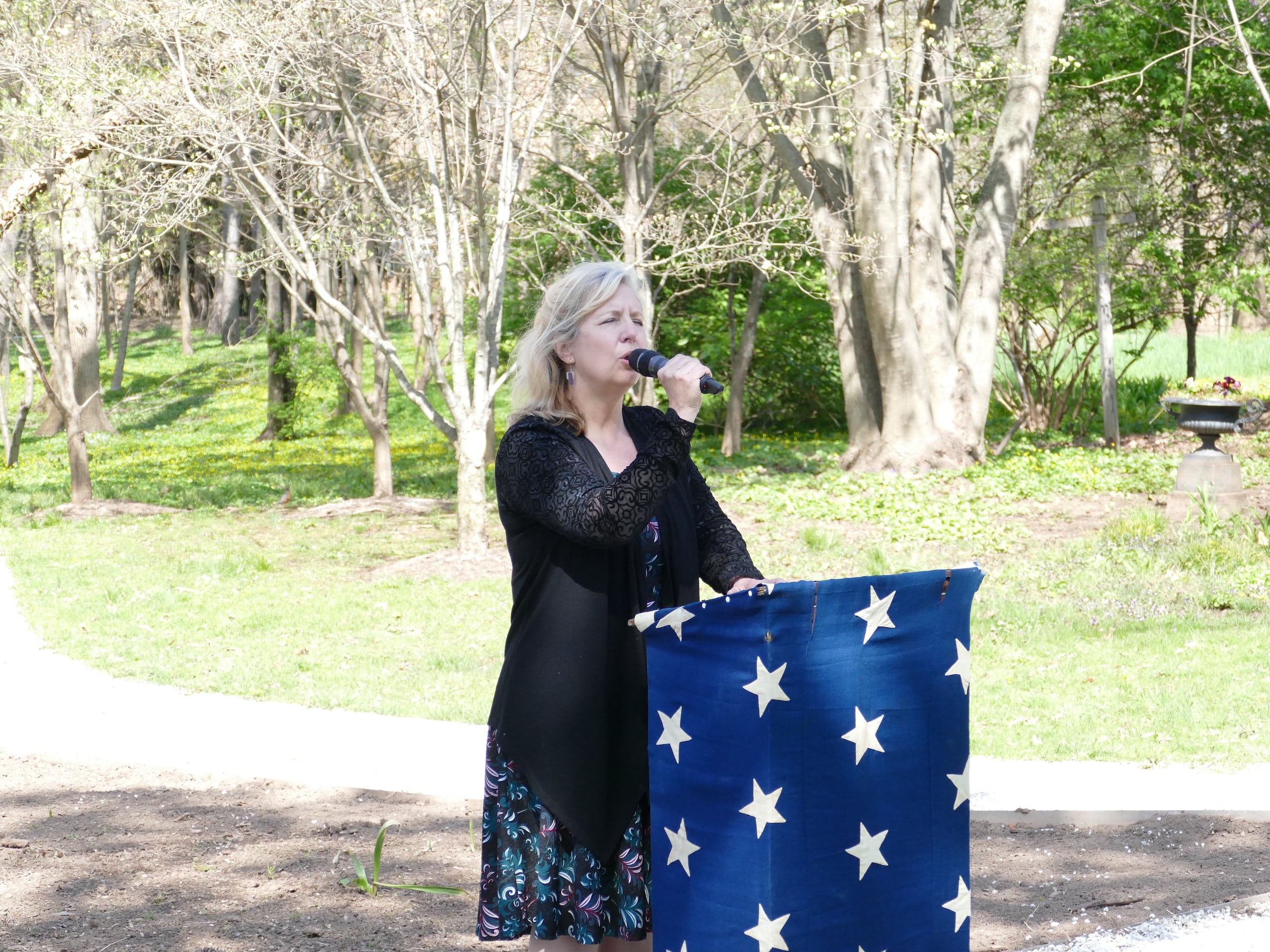
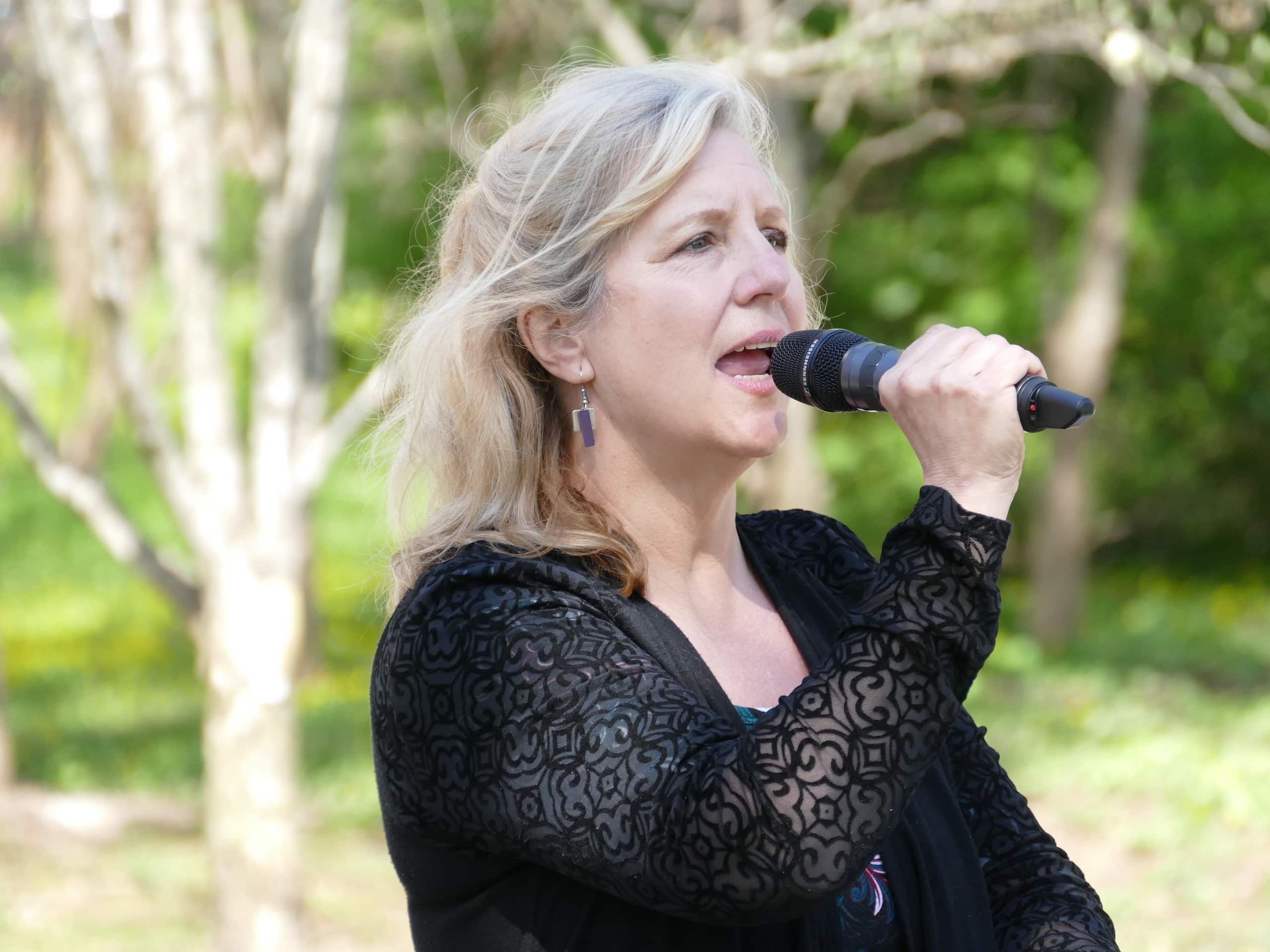
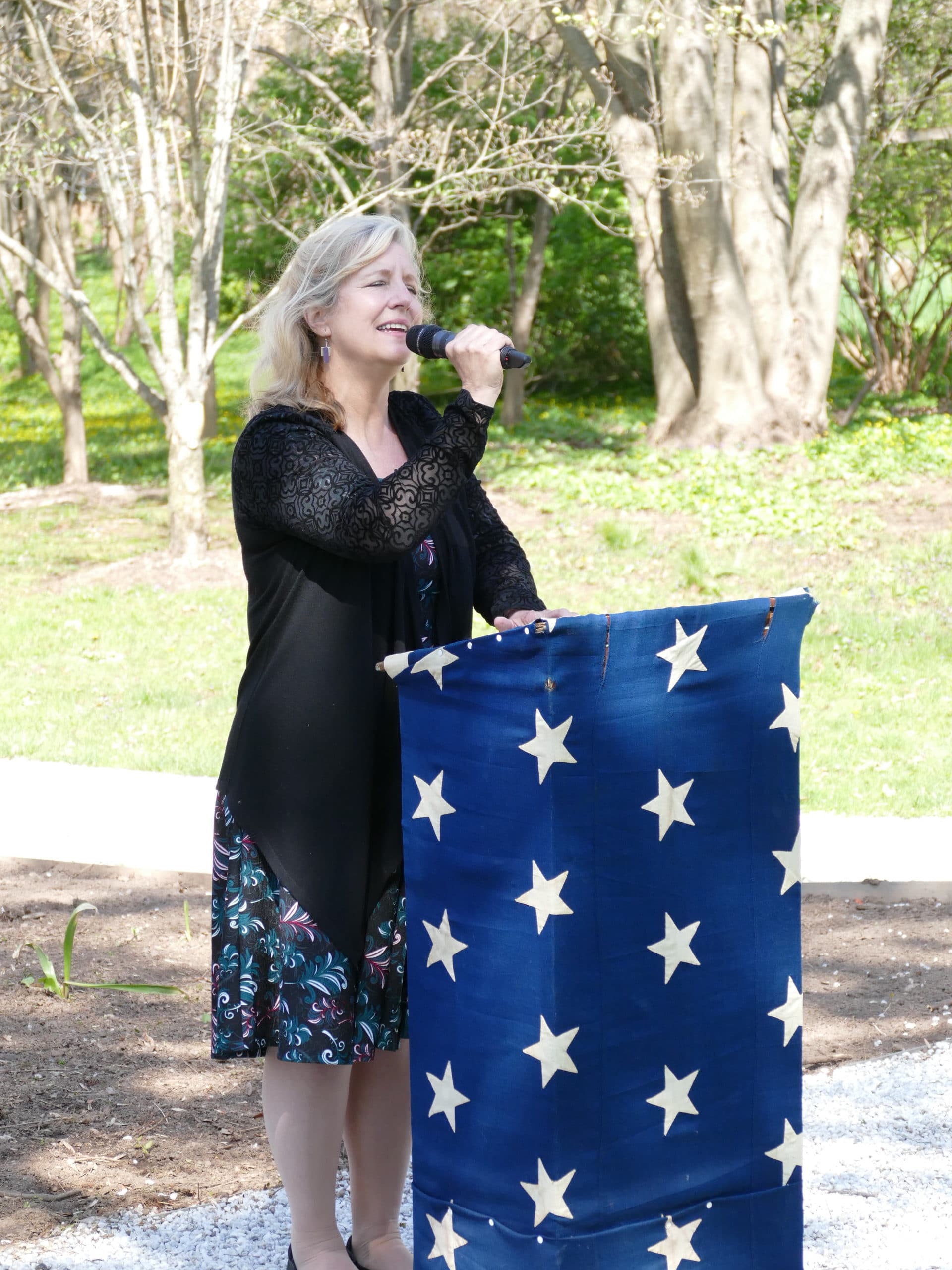
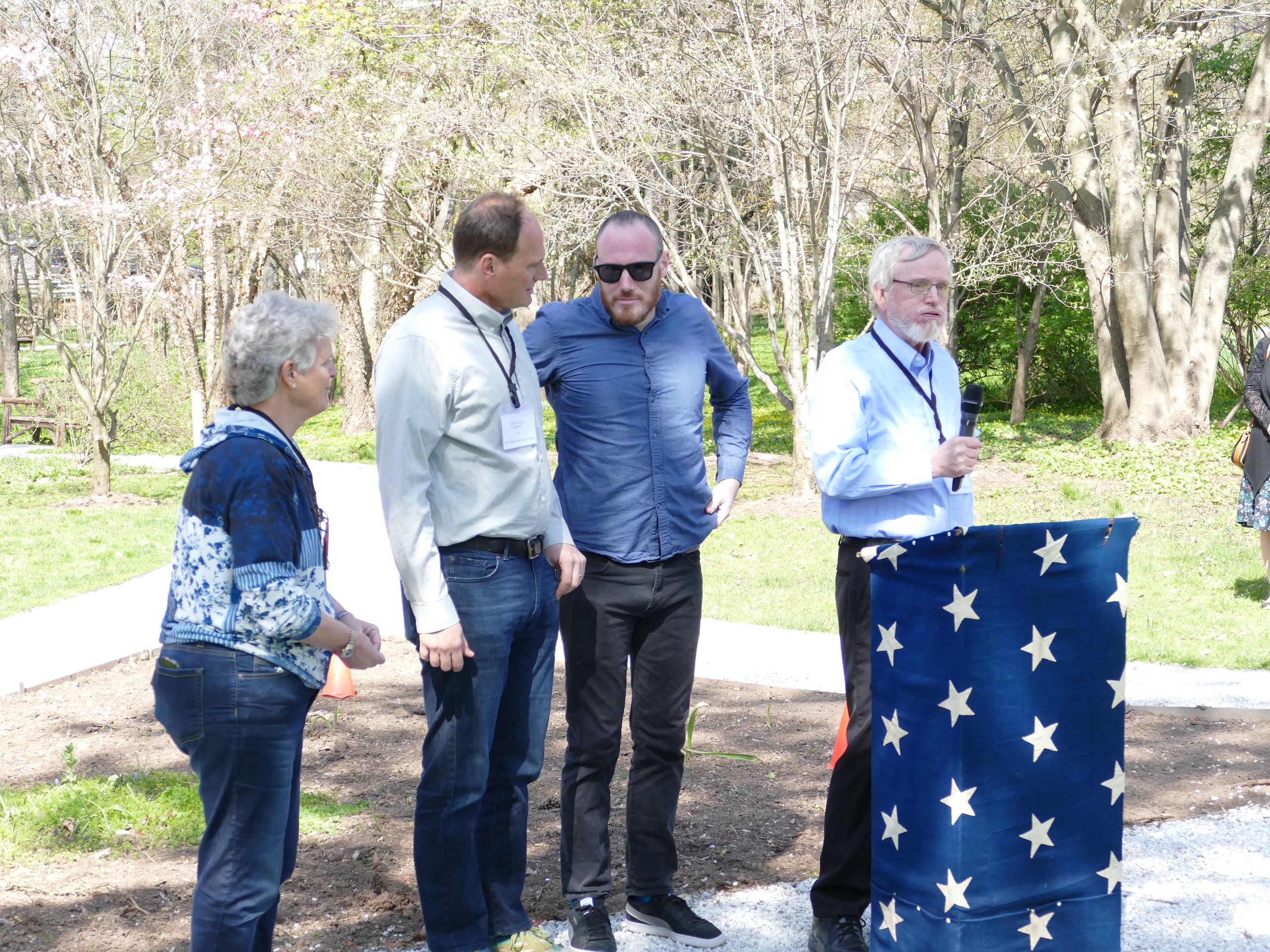
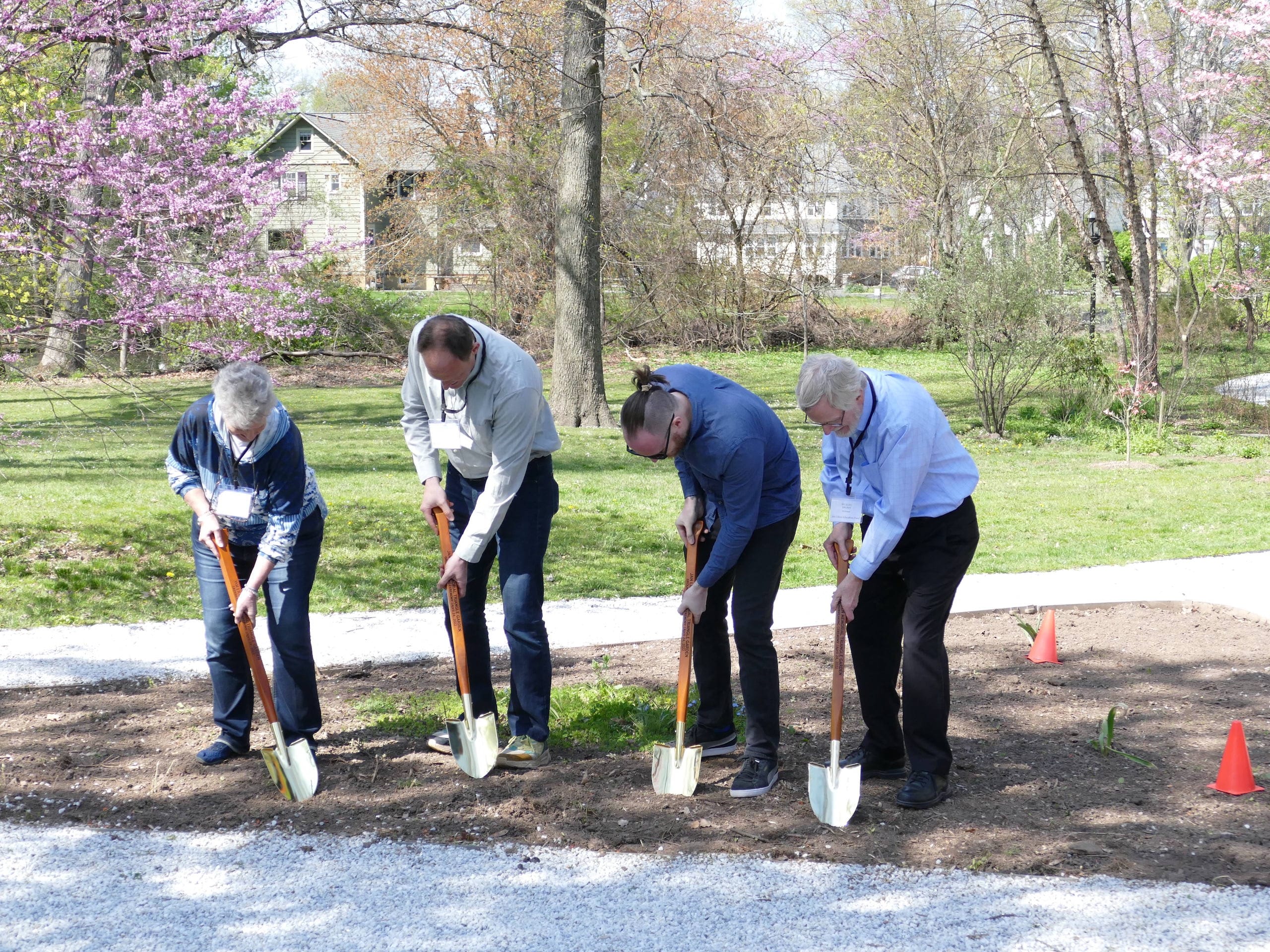


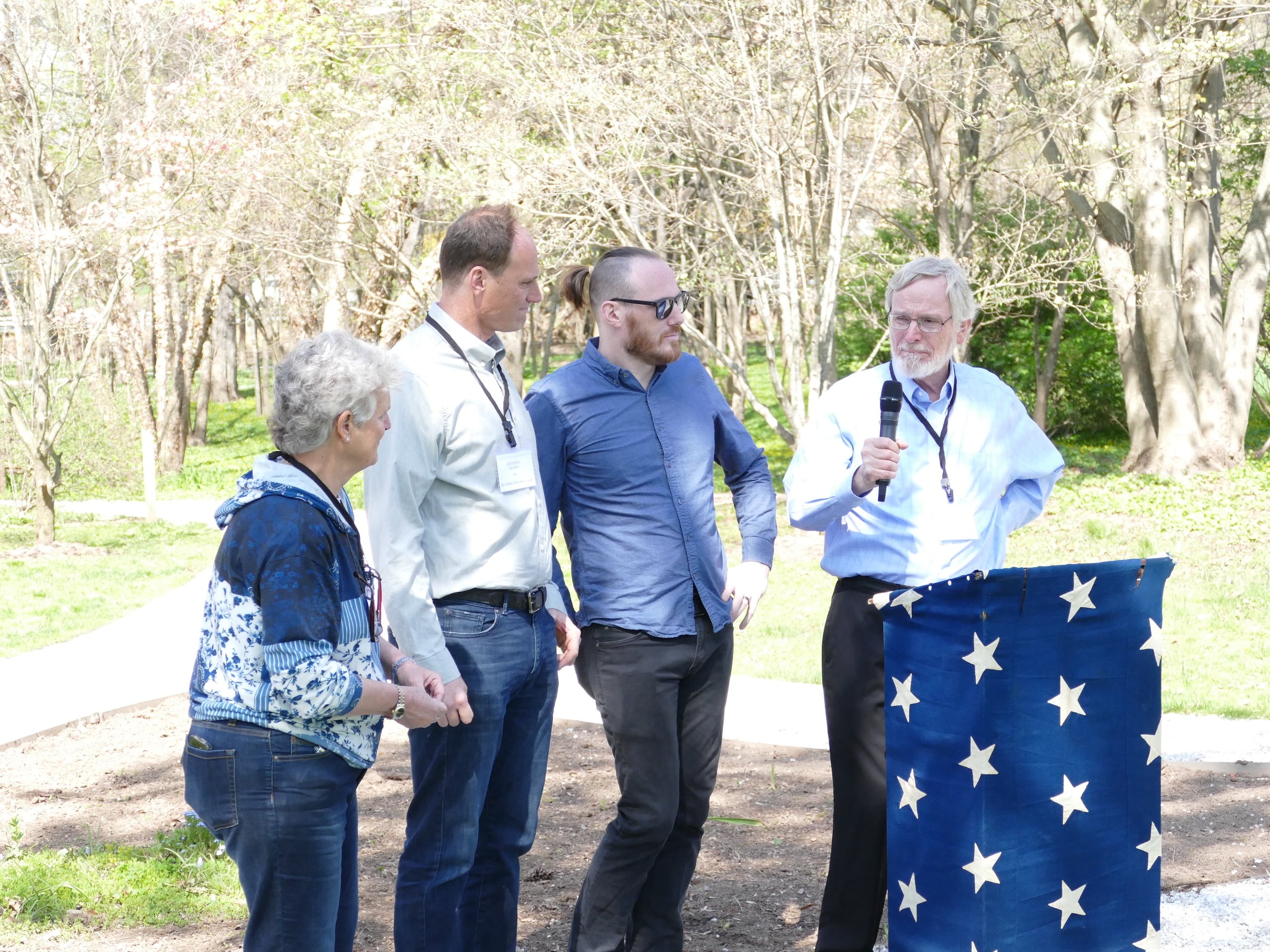
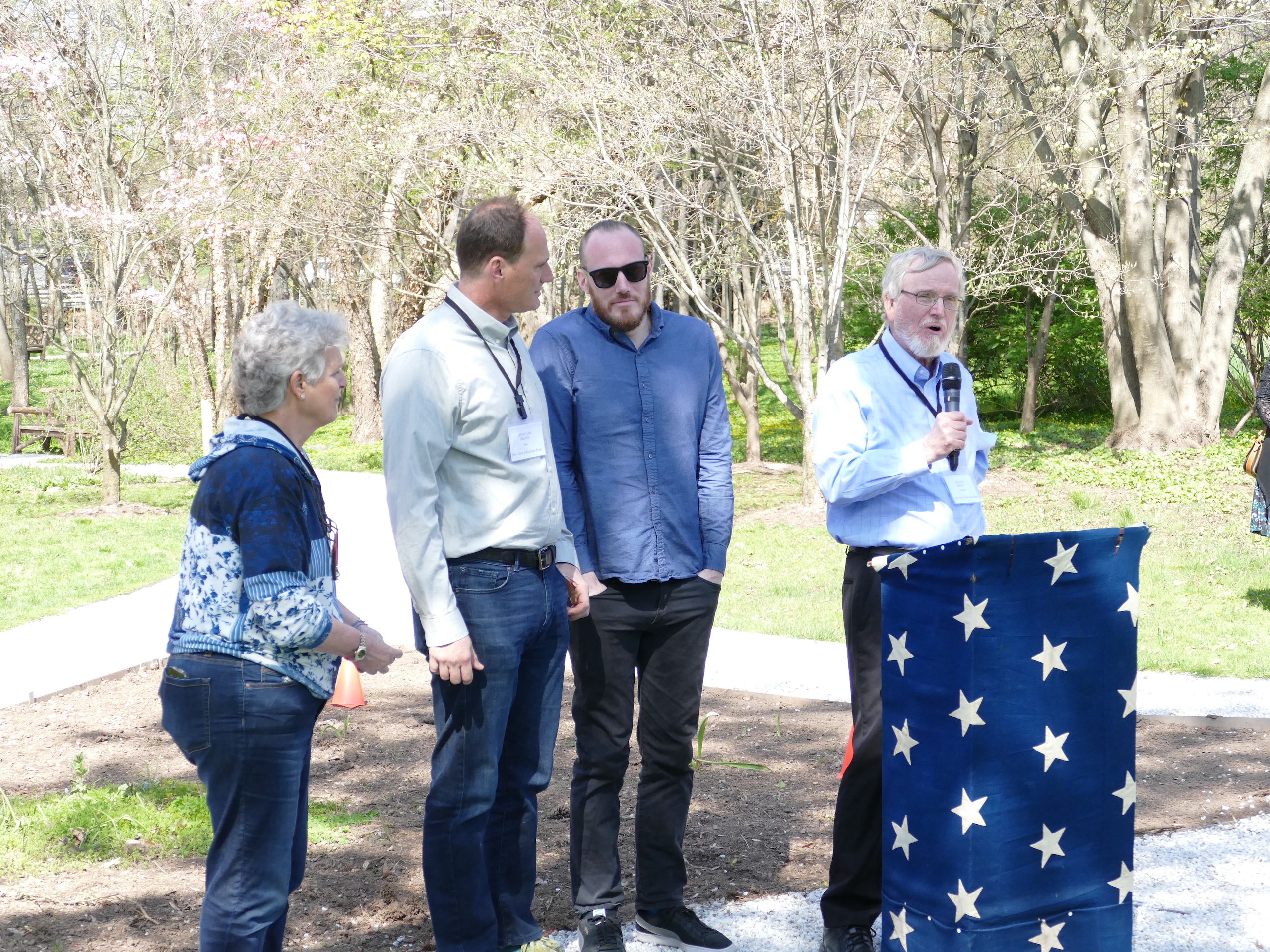
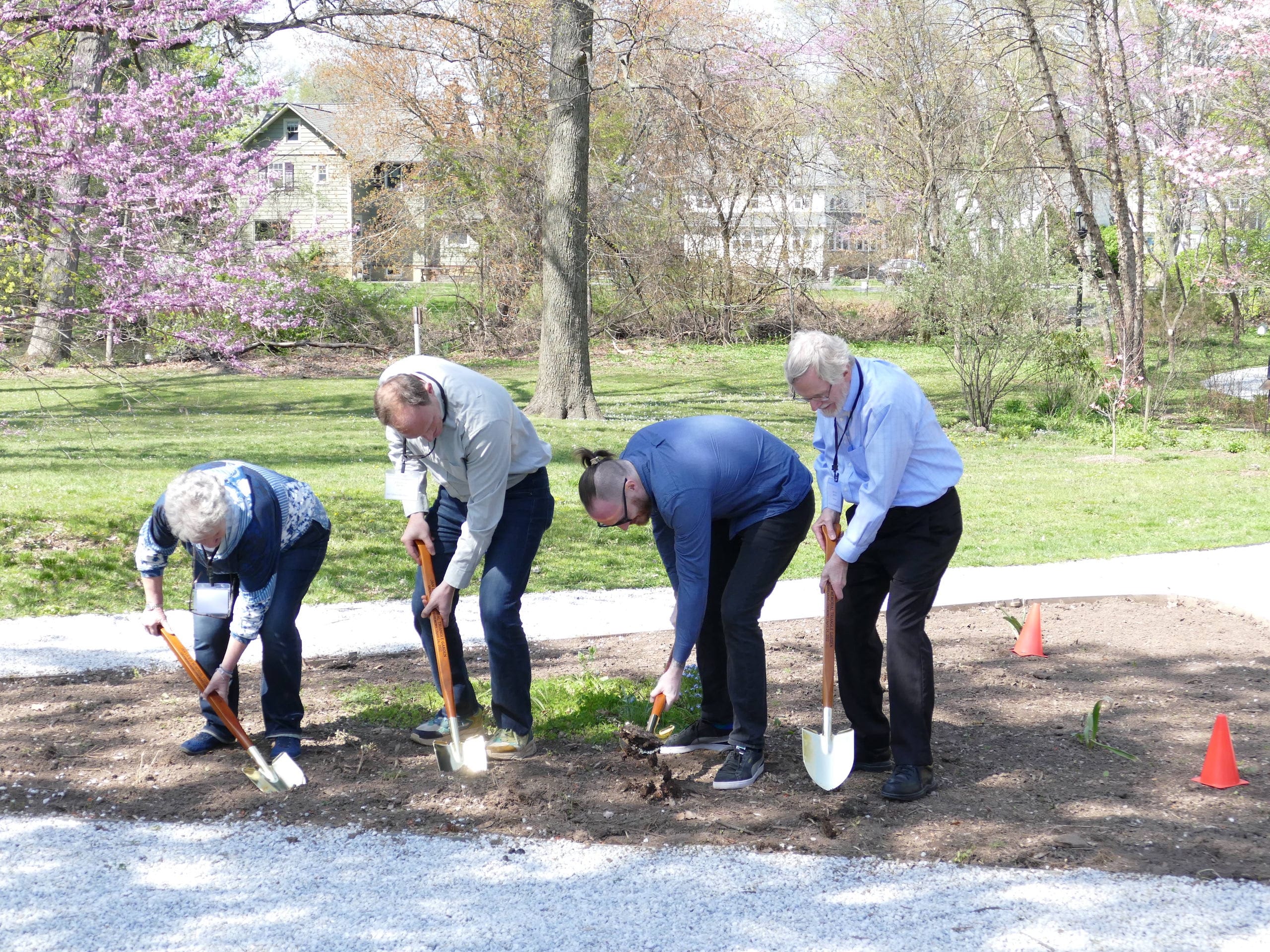
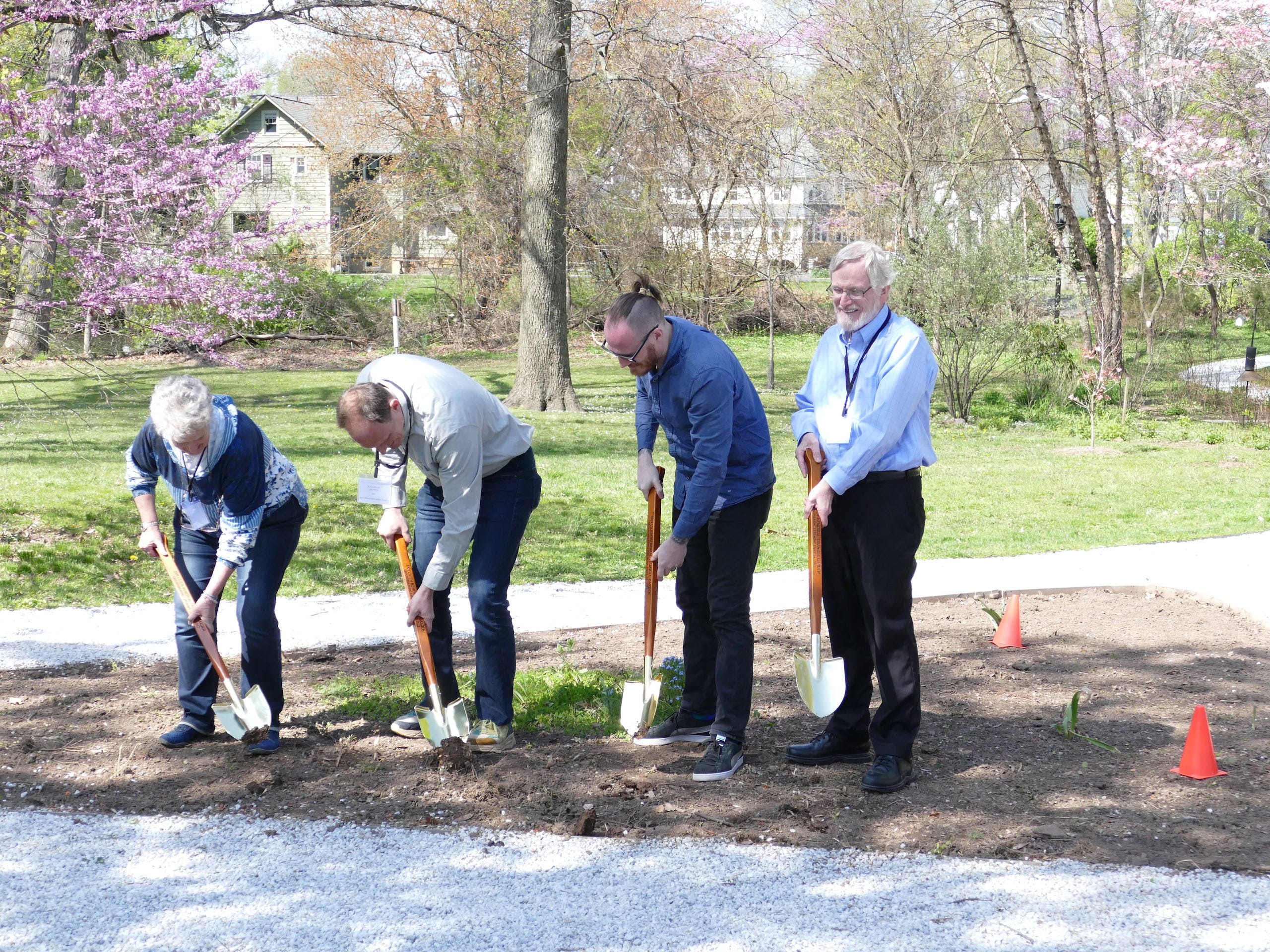



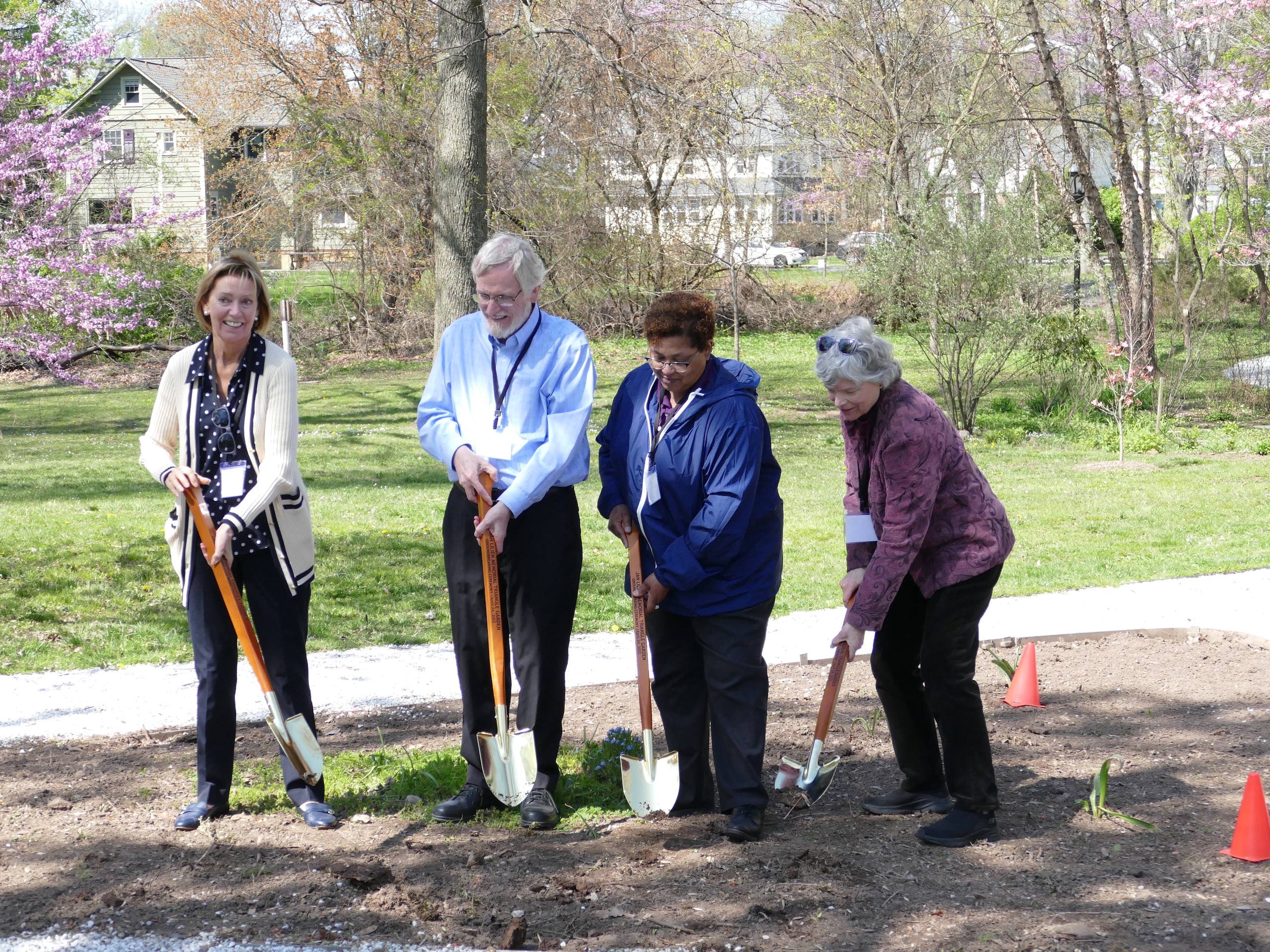
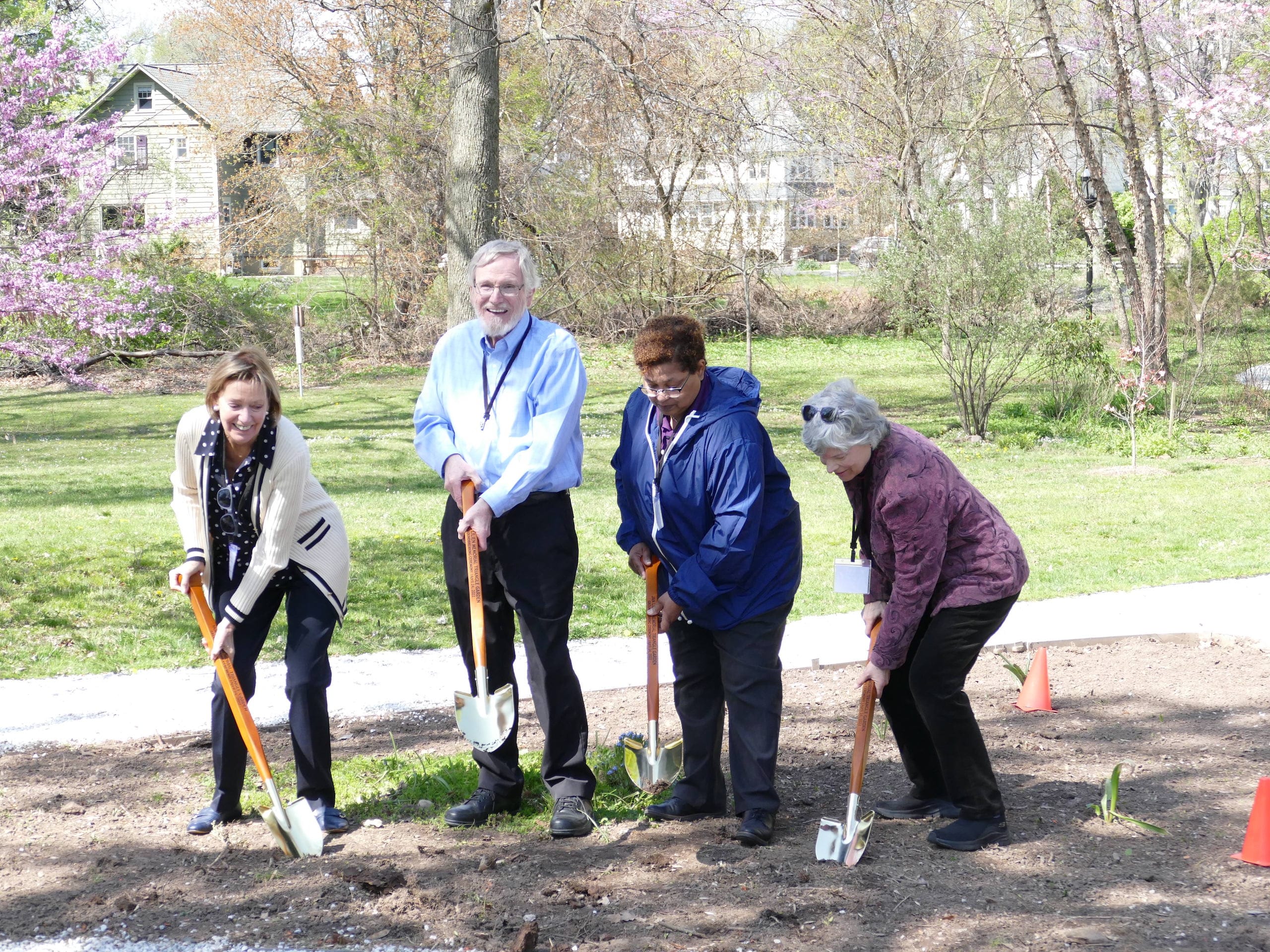
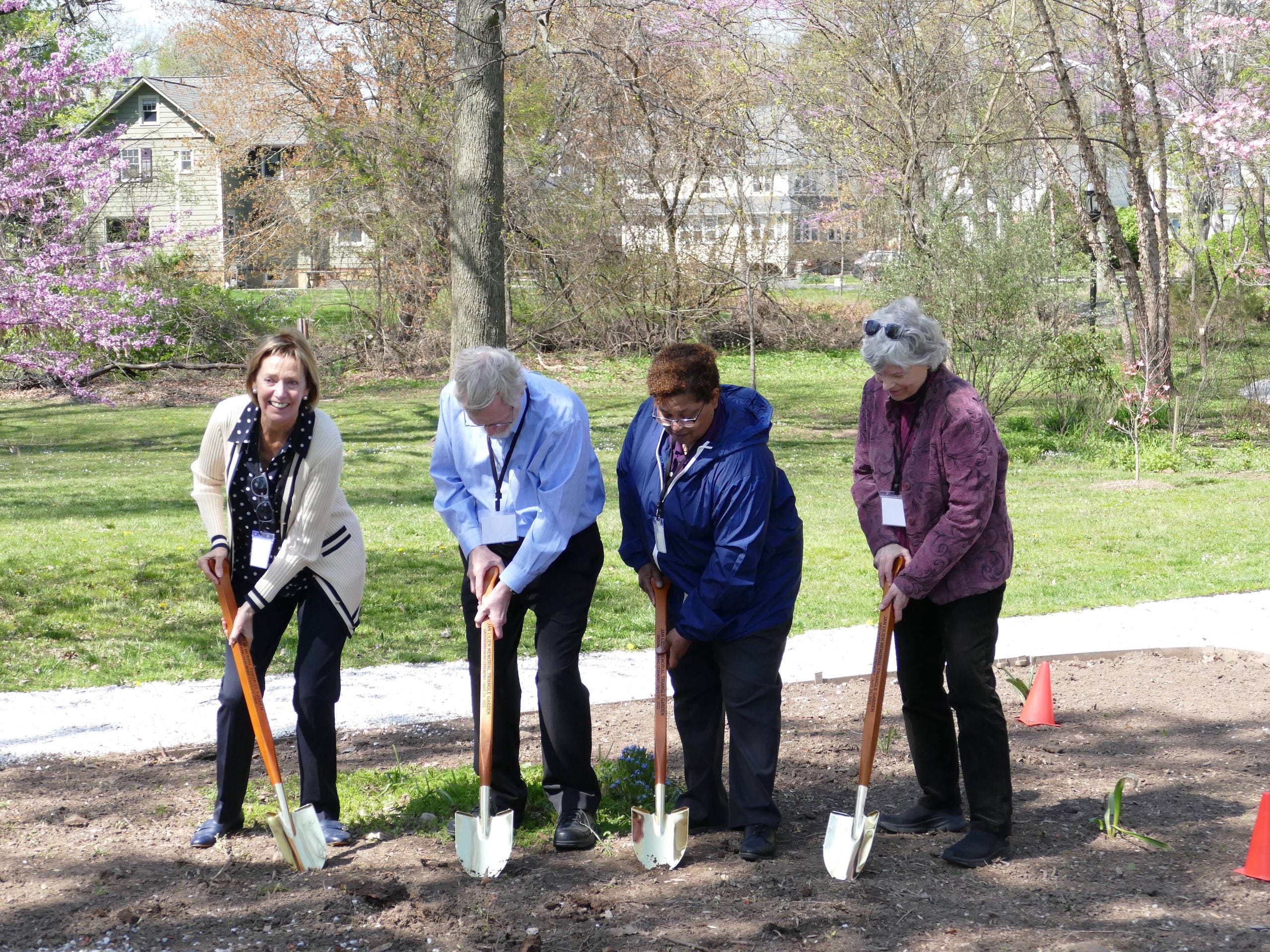


Please go to the next page for additional images.
Contact US!
Have a question? Suggestion?
Subscribe to Sharing Jan's Love Newsletter!
by Sarah Rose Etter
I started reading “Ripe: A Novel” by Sarah Rose Etter today. This book has won awards and is highly praised by Roxane Gay for its uniqueness and brilliance. It tells the story of a woman in Silicon Valley who must choose how much she will sacrifice for success. Fans of “My Year of Rest and Relaxation” and “Her Body and Other Parties” will enjoy this surreal tale.
Cassie has worked at a Silicon Valley start-up for a year but feels stuck in a corporate nightmare. The long hours, toxic bosses, and unethical projects are taking a toll on her. She has a hard time reconciling the stark contrast between the abundance of wealth and the poverty and suffering that exist side by side in the city. Cassie observes Ivy League graduates complaining about snack options in a conference room overlooking unhoused people bathing in the bay. She’s witnessed start-up burnouts who throw themselves in front of commuter trains and men who light themselves on fire in the streets.
Even though Cassie is often by herself, she never feels entirely alone. Since she can remember, she has had a tiny black hole that is always with her. This black hole feeds off her feelings of sadness and worry, getting bigger or smaller depending on how much she struggles. While it watches her, it also waits patiently. Its powerful force keeps pulling Cassie closer as everything in her life seems to fall apart.
Cassie finds herself pregnant unexpectedly while dealing with her CEO’s illegal demands. She must weigh the benefits of Silicon Valley against the risks. Ripe follows the journey of one millennial woman through the absurdities of modern life, offering a sharp yet vulnerable, unsettling yet darkly comic commentary on our late-capitalist hellscape.
The Jan Lilien Education Fund sponsors ongoing sustainability and environmental awareness programs. Gifts made this month; I will match dollar-for-dollar. All donations are tax-deductible.
I receive a commission when you buy a book or product using a link on this page. Thank you for supporting Sharing Jan’s Love blog.
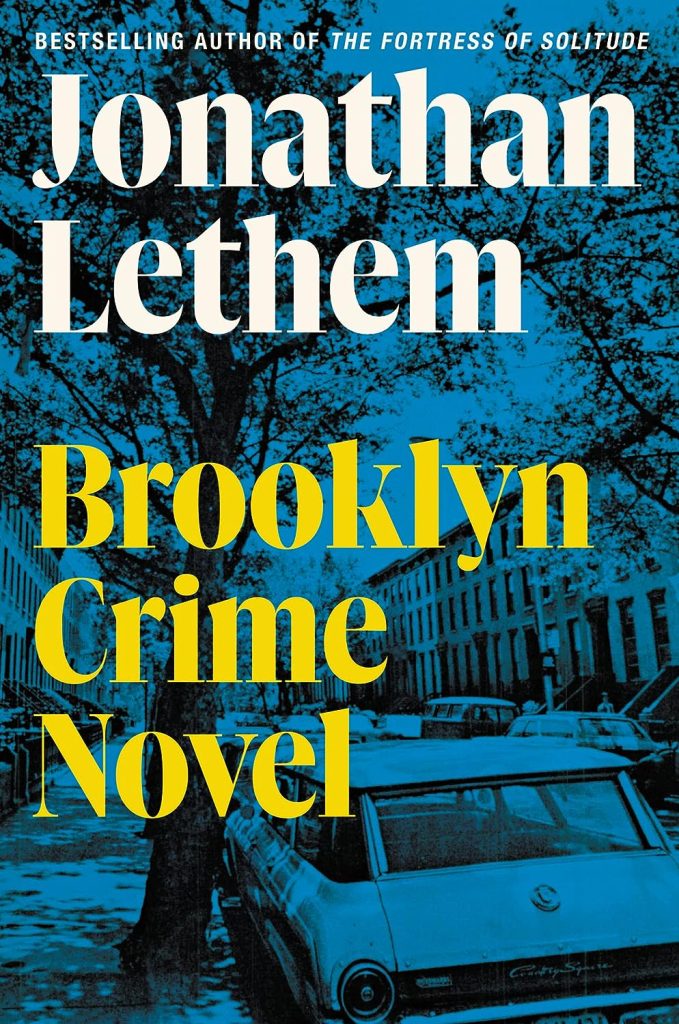
Read: October 2023
by Jonathan Lethem
I recently recommended reading “Brooklyn Crime Novel: A Novel” by Jonathan Lethem. The story is set in 1970s Brooklyn, where a daily ritual occurs on the streets. This ritual involves exchanging money, surrendering belongings, and asserting power. Violence is promised everywhere and becomes a currency itself.
Regardless of race, the street is like a stage in the shadows for the children. In the background, other players hide, including parents, cops, renovators, landlords, those who write the headlines, histories, and laws, and those who award this neighborhood its name.
Although the rules seem apparent initially, in memory’s prism, the roles of criminals and victims may appear to trade places. The voices of the past rise and gather as if in harmony, then war with one another. A street may seem to crack open and reveal what lies behind its shimmering facade. None who lived through it are ever permitted to forget.
Jonathan Lethem has written this story with kaleidoscopic verve and delirious wit, making it a breathtaking tour de force by a writer at the top of his powers. He has crafted an epic interrogation of how we fashion stories to contain the uncontainable: our remorse at the world we’ve made. He is known as “one of America’s greatest storytellers” by the Washington Post.
The Jan Lilien Education Fund sponsors ongoing sustainability and environmental awareness programs. Gifts made this month; I will match dollar-for-dollar. All donations are tax-deductible.
I receive a commission when you buy a book or product using a link on this page. Thank you for supporting Sharing Jan’s Love blog.
by Sally Rooney
Today, I dove into Sally Rooney‘s latest novel, “Intermezzo: A Novel,” which instantly captivated me. It’s a profoundly moving exploration of grief, love, and the intricacies of family life, with love at its heart. Reflecting on my journey through grief, I remember how Ms. Rooney‘s earlier work, “Beautiful World, Where Are You,” resonated with me during my second year of processing loss.
It beautifully highlighted love’s enduring nature and reminded me that, even in the depths of sorrow, love’s essence never truly fades. Intermezzo focuses on the fact that, aside from being brothers, Peter and Ivan Koubek seem to have little in common.
Peter is a Dublin lawyer in his thirties—successful, competent, and unassailable. But in the wake of their father’s death, he’s medicating himself to sleep and struggling to manage his relationships with two very different women—his enduring first love, Sylvia, and Naomi, a college student for whom life is one long joke.
Ivan is a twenty-two-year-old competitive chess player. He has always seen himself as socially awkward, a loner, the antithesis of his glib elder brother. Now, in the early weeks of his bereavement, Ivan meets Margaret, an older woman emerging from her turbulent past, and their lives become rapidly and intensely intertwined.
In this poignant interlude, we delve into the lives of two brothers grappling with their profound grief, accompanied by those who care for them. It’s a raw journey woven with threads of longing, heartbreak, and the flickering light of hope. Together, they navigate the uncharted territory of loss, uncovering how much the human spirit can withstand before it shatters.
When you purchase a book through one of my links, I earn a small commission that helps support my passion for reading. This contribution allows me to buy even more books to share with you, creating an incredible cycle of discovering great reads together! Your support truly makes a difference!
by Ben Jealous
Today, I started reading “Never Forget Our People Were Always Free: A Parable of American Healing” by Ben Jealous, the Executive Director of the Sierra Club. The book highlights how the path to healing America’s broken heart begins with each of us having the courage to heal ourselves. According to Mr. Jealous, it would be transformative if every American treated each other as cousins.
Ben Jealous is the son of parents who had to leave Maryland because their cross-racial marriage was illegal.
I briefly met Ben Jealous last May when I went to Washington with the Religious Action Center of Reform Judaism‘s Day of Action. When I saw Mr. Jealous speaking at Temple Emanu-El in neighboring Westfield, I immediately signed up to attend in person. He is an inspiration as an advocate for the environment, civil rights, and the healing of America’s broken heart.
His lively, courageous, and empathetic storytelling calls on every American to look past deeply cut divisions and recognize that we are all in the same boat now. Along the way, Jealous grapples with hidden American mysteries, including:
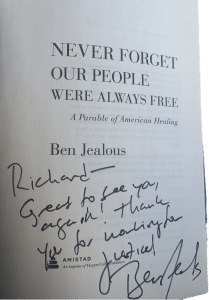 The book Never Forget Our People Were Always Free is told through parables. It features intimate glimpses of political and faith leaders such as Jack Kemp, Stacey Abrams, and the late Archbishop Desmond Tutu. The book also highlights unlikely heroes such as a retired constable, a female pirate from Madagascar, a long-lost Irishman, a death row inmate, and a man with a Confederate flag over his heart.
The book Never Forget Our People Were Always Free is told through parables. It features intimate glimpses of political and faith leaders such as Jack Kemp, Stacey Abrams, and the late Archbishop Desmond Tutu. The book also highlights unlikely heroes such as a retired constable, a female pirate from Madagascar, a long-lost Irishman, a death row inmate, and a man with a Confederate flag over his heart.
Never Forget Our People Were Always Free offers readers hope that America’s oldest wounds can heal and her oldest divisions can be overcome.
Although I have only read a handful of pages of the book, I highly recommend it!
by Karen Joy Fowler
Booth by Karen Joy Fowler was on my to-read list for several months. Booth is an epic and intimate novel about the family behind one of the most infamous figures in American history: John Wilkes Booth. I have always been fascinated by history, especially the Civil War. Booth is a startling portrait of a country in the throes of change and a vivid exploration of the ties that make and break a family. It is the second book I have read this year.
Ms. Fowler struggled with how to write this novel without focusing on the cruelest member of the Booth family. She succeeded, but I sometimes felt confused about the type of book I was reading. Was it historical fiction or a textbook?
In the afterword, she admits that there is more of the story in the children of the siblings of John Wilkes Booth. I wish I knew more about that generation and how they responded to the notoriety. A family tree would have helped as there are many family members.
I recommend Booth as history is a dynamic lesson we must keep studying.
The Goodreads summary provides an overview,
In 1822, a secret family moved into a secret cabin some thirty miles northeast of Baltimore to farm, hide, and bear ten children over the next sixteen years. Junius Booth–breadwinner, celebrated Shakespearean actor, and master of the house in more ways than one–is at once a mesmerizing talent and a man of terrifying instability. One by one, the children arrive, as year by year, the country draws frighteningly closer to the boiling point of secession and civil war.
As the tenor of the world shifts, the Booths emerge from their hidden lives to cement their place as one of the country’s leading theatrical families. But behind the curtains of the many stages they have graced, multiple scandals, family triumphs, and criminal disasters begin to take their toll, and the solemn siblings of John Wilkes Booth are left to reckon with the truth behind the destructively specious promise of an early prophecy.
The Jan Lilien Education Fund sponsors ongoing sustainability and environmental awareness programs. Gifts made this month; I will match dollar-for-dollar. All donations are tax-deductible.
I receive a commission when you buy a book or product using a link on this page. Thank you for supporting Sharing Jan’s Love blog.
by Steven Levitsky and Daniel Ziblatt
How Democracies Die: What History Reveals About Our Future by Steven Levitsky and Daniel Ziblatt was on my reading list for almost a year. In late December of last year, I started reading it and was in the final chapter on January 6, 2021. Like many of us, I never in my life expected to see a day like that in our country.
This type of event is one the authors talk about in their book.
According to the overview in GoodReads,
Donald Trump’s presidency has raised a question that many of us never thought we’d be asking: Is our democracy in danger? Harvard professors Steven Levitsky and Daniel Ziblatt have spent more than twenty years studying the breakdown of democracies in Europe and Latin America, and they believe the answer is yes. Democracy no longer ends with a bang–in a revolution or military coup–but with a whimper: the slow, steady weakening of critical institutions, such as the judiciary and the press, and the gradual erosion of long-standing political norms. The good news is that there are several exit ramps on the road to authoritarianism. The bad news is that, by electing Trump, we have already passed the first one.
Drawing on decades of research and a wide range of historical and global examples, from 1930s Europe to contemporary Hungary, Turkey, and Venezuela, to the American South during Jim Crow, Levitsky and Ziblatt show how democracies die–and how ours can be saved.
Our democracy is too valuable for us to have it die. We all need to work to preserve and strengthen it. How Democracies Die is a book that everyone needs to read!
That was a great day! Lots of love!
Hugo, thank you for your friendship and support. It means a lot to me, especially this year.
On Celebrate Jan Day, you and Ana’s help with set-up and clean-up was crucial. Without your assistance, the event would not have been as successful.
I will never be able to thank you enough.